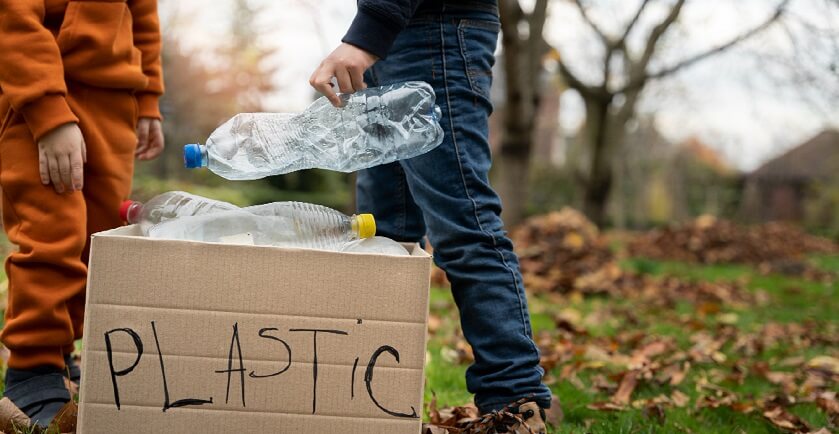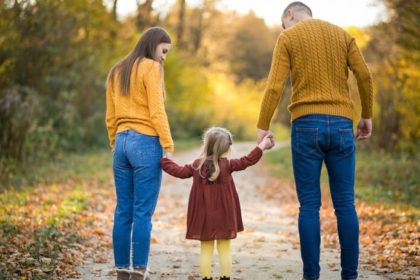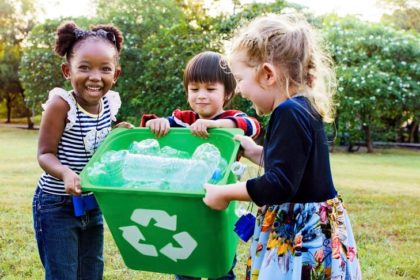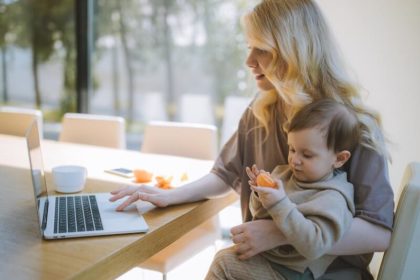Numerous parents are looking for strategies to raise their children in an environmentally sustainable manner as our globe faces escalating environmental concerns. The principles of trying to be a eco-friendly parent emphasise energy efficiency, waste reduction, and awareness of our impact on the environment. We can contribute to preserving the environment and building a sustainable future for future generations by instilling eco-friendly behaviours in our kids. The best advice to be a eco-friendly parent is provided below.
Linen diapers
Use of cloth diapers as opposed to disposable ones is one of the most important strategies for eco-friendly parents to lessen their carbon impact. Disposable diapers cause pollution and take hundreds of years to disintegrate in landfills. Contrarily, cloth diapers may be reused, and some of them even have compostable inserts that you can put in your compost bin. Using cloth diapers not only lowers waste sent to landfills but also saves money. Additionally, they are free of dangerous chemicals that might irritate a baby’s skin. Cloth diapers are a more labor-intensive option than disposable ones, but they are sustainable and eco-friendly for eco-friendly parents who wish to reduce their environmental effect.
Utilise less, recycle more
Reducing, reusing, and recycling are the three R’s that eco-friendly parent is all about teaching your kids. Reduce the environmental impact of your family’s consumption by reducing waste by reducing packaging, reusing products like containers and bags, and recycling items that cannot be reused. You may foster a sense of responsibility for the environment and its resources in your children by emulating these behaviours in your daily life and encourage your family to do the same. For instance, whether you have older children or not, you can keep using your old toys. Of course, you’ll need high-quality toys first, so start looking for the best Montessori toys for a 2-year-old who will provide hours of entertainment for all of your children as well as some of the other children in your family or neighbourhood for years to come.
Breastfeeding
In addition to being good for your child’s health, breastfeeding is also a sustainable method of feeding. Breast milk is a natural resource that doesn’t need to be packaged and doesn’t include any preservatives or dangerous chemicals. Furthermore, formula, which arrives in plastic bottles that end up in landfills, is less necessary while breastfeeding. Breastfeeding reduces the need to produce and distribute formula, which reduces the glasshouse effect. Additionally, it is an economical method of feeding your infant because formula can be pricey. While not all parents are able to breastfeed, those who can should think about it as a sustainable and healthy alternative for their child.
Organic cleaning supplies
Numerous cleaning products include dangerous chemicals that are detrimental for the health of your family as well as the environment. Instead, choose natural cleaning agents that are far safer and more effective, such vinegar, baking soda, and lemon juice. Since these organic items can degrade into harmless components and do not harm the environment, they are biodegradable. Additionally, they don’t emit any dangerous fumes, which in some people might lead to respiratory issues. You can make your home safer, healthier, and less harmful to the environment for your family by utilising natural cleaning supplies.
Worn-out clothing
Because kids outgrow their garments so quickly, they frequently end up in landfills. Consider purchasing used clothing instead of brand-new apparel, which is not only more affordable but also better for the environment. Thrift shops, garage sales, and online markets all carry used clothing. Purchasing used clothing not only reduces waste, but it also saves the resources necessary to make new apparel.
Energy efficiency
By shutting off lights and electronics when not in use, you can teach your kids the value of energy conservation. You can also install energy-saving appliances and light bulbs, which will lower your carbon footprint and save you money on energy costs. Additionally, make use of as much natural light as you can, particularly throughout the day. Encourage your kids to read and study in natural light, which is not only healthy for the environment but also for their eyes. Utilising renewable energy sources like solar panels is another way to cut back on your energy usage.
Making decisions that have a lower impact on the environment and ensure that our children have a sustainable future are the cornerstones of eco-friendly parenting. By implementing these suggestions into your daily routine, you can make your house a healthier and safer place for your family while also helping to educate your kids the value of environmental stewardship. These suggestions can help you save money and encourage a healthy lifestyle for your family while also being good for the environment. We can provide our children and future generations a more sustainable future if we work together.





